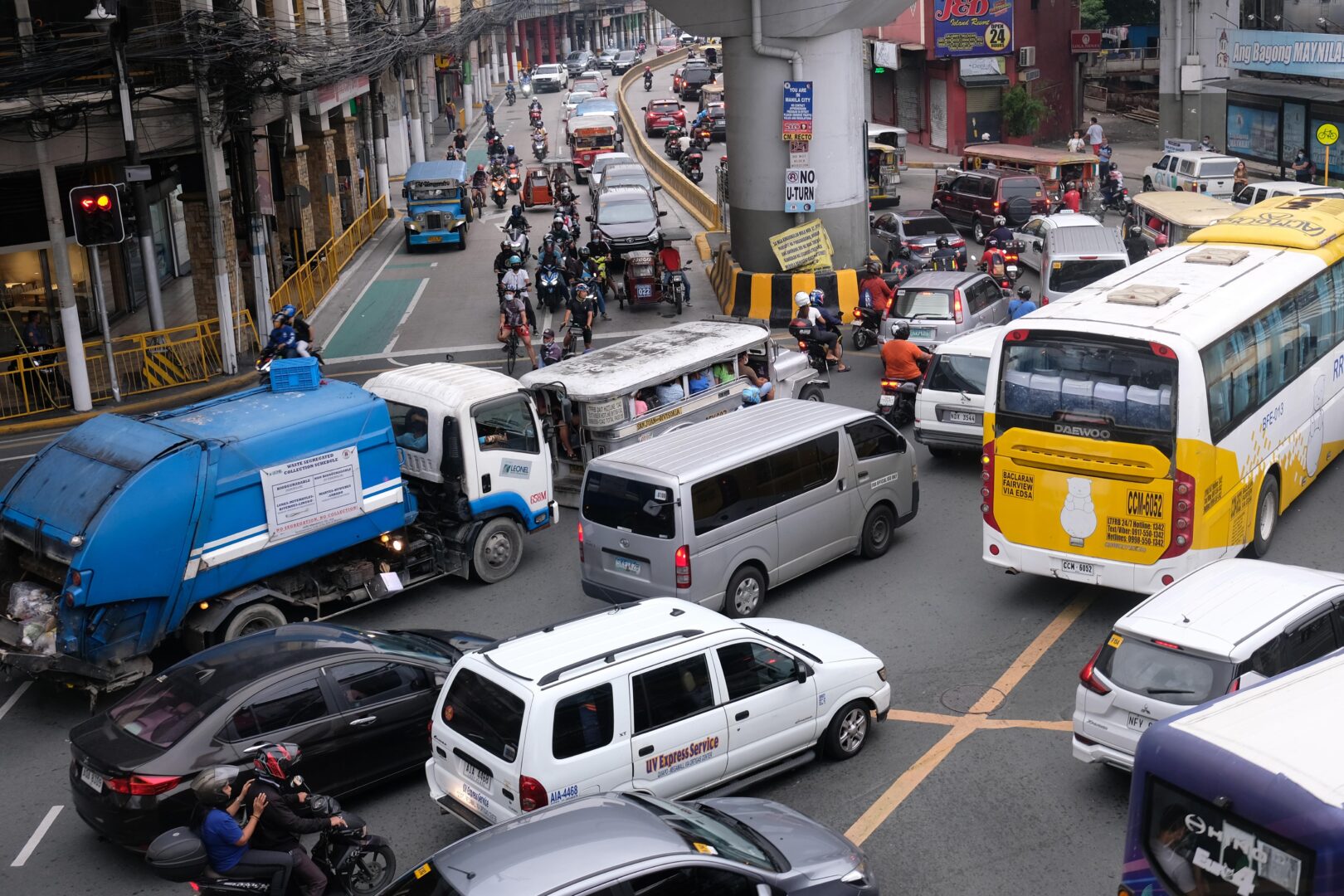The Supreme Court has stopped the no-contact apprehension policy implemented by several local government units in Metro Manila.
SC spokesperson Brian Keith Hosaka said the High Court issued a temporary restraining order against NCAP during its regular en banc session on Tuesday.
The TRO also covers ordinances issued by LGUs on NCAP.
Traffic authorities are barred from making apprehensions under the NCAP.
The High Court acted on the consolidated petitions filed by several transport groups such as the Kilusan sa Pagbabago ng Industriya ng Transportasyon Inc., Pangkalahatang Sagguniang Manila, and Suburbs Drivers Association Nationwide, Alliance of Transport Operators and Drivers Association of the Philippines and Alliance of Concerned Transport Organization and lawyer Juman B. Paa.
In his petition, Paa questioned the constitutionality of the NCAP implemented by the Manila City government after being forced to pay huge fines and penalties for four traffic violations.
Manila Mayor Honey Lacuna-Pangan and the city government were named as respondents.
Manila defends NCAP
In a statement, the Manila government maintained that the use of modern technology is one way of ensuring swift, efficient and comfortable services to the public.
The LGU said the NCAP is part of the technological solutions to address the worsening traffic conditions in Manila.
Manila cited Section 16 of the Local Government Code and Ordinance No. 8092 as the basis for the NCAP implementation.
Since the start of implementation in 2020, Manila reported that injuries caused by road accidents have been reduced by 47 percent.
The Manila Police District recorded 4,206 road accidents in 2021, a 62 percent decline from the 11,093 accidents in 2019.
Oral arguments set 24 January
The TRO was issued by the Court two weeks after it issued an order last 16 August directing the respondents Metropolitan Manila Development Authority, Land Transportation Office, the City of Manila, Quezon City, Valenzuela City, Parañaque City and Muntinlupa City to comment on the petitions within a non-extendible period of 10 days.
In its resolution, Hosaka said the magistrates decided to set the petitions for oral arguments on 24 January 2023 before coming up with a decision on the merit of the petitions.
It was not explained, however, why the Court would have to wait five months to hear the parties’ oral arguments on the issue.
The transport groups are questioning the legality of the implementation of NCAP considering that it has no basis either in the Republic Act 7924 which serves as the enabling charter of the MMDA and the RA 4136 which created the LTO.
Senator proposes NCAP trial period
Senator JV Ejercito on Tuesday suggested the NCAP should be put on a six-month trial period before local government units can impose it on the public.
“As a former Mayor, I understand the intent of the Mayors in NCR to put order and to modernize enforcement to prevent corruption. However, since NCAP is still a new concept, not everyone is informed about its mechanics, not to mention the glitches that comes with automation,” Ejercito said.
“I maintain my position that NCAP be on a trial period for six months before full implementation,” he added.
The NCAP uses CCTV cameras and similar technologies to detect traffic violations.
The policy was intended to lessen human intervention in the apprehension of traffic violators and reduce corruption.
Previously, Ejercito said the NCAP should be “perfected” first before it is fully implemented, citing complaints from riders and drivers that they were “unjustly fined” because of the policy’s current flaws.
